GST Overhaul: What Gets Cheaper, What Gets Costlier After Council’s Big Reform
In its most sweeping reform since the launch of the Goods and Services Tax (GST) in 2017, the GST Council on Wednesday approved a major overhaul of India’s indirect tax system. The council decided to rationalise the existing four-rate structure of 5, 12, 18 and 28 per cent into a simpler, two-slab framework of 5 per cent and 18 per cent. A special 40 per cent slab will apply to select luxury, harmful or sin goods such as high-end cars, aerated drinks, and tobacco products.
The reforms, which take effect from September 22, aim to spur household consumption, ease inflationary pressures and cushion India’s economy against external shocks, particularly the impact of the new US tariffs on Indian exports.
What Gets Cheaper
Food and Beverages:
Everyday kitchen essentials are among the biggest beneficiaries. Chapati, paranthas, paneer, pizza bread, khakra and ultra-high temperature milk will now attract nil tax, down from 5 per cent. Butter, ghee, dry fruits, condensed milk, sausages, confectionery, jams, jellies, biscuits, cereals, fruit juices and ice creams will move to a lower 5 per cent slab from the earlier 18 per cent. Plant-based milk drinks and soya milk drinks also get cheaper with cuts to 5 per cent.
Household Items:
Items such as tooth powder, feeding bottles, kitchenware, combs, bicycles, bamboo furniture and umbrellas will now be taxed at 5 per cent instead of 12 per cent. Shampoo, talcum powder, toothpaste, toothbrushes, soap and hair oil drop from 18 per cent to 5 per cent.
Consumer Appliances:
Air-conditioners, dishwashers and televisions, previously under the 28 per cent slab, will now be charged at 18 per cent.
Education & Stationery:
Maps, charts, globes, pencils, crayons, notebooks and exercise books move to nil tax from 12 per cent, while erasers become tax-free, down from 5 per cent.
Footwear & Textiles:
Both categories drop to 5 per cent from the earlier 12 per cent, easing costs for mass consumers.
Healthcare:
Life-saving drugs, diagnostic kits, corrective spectacles, thermometers and medical oxygen shift to nil or 5 per cent from earlier rates of 12–18 per cent. Individual life and health insurance policies will also be exempt from GST, a significant relief for households.
Travel & Hospitality:
Hotel rooms priced up to ?7,500 will attract just 5 per cent GST, down from 12 per cent. Economy class air tickets also fall to 5 per cent.
Vehicles & Fuel Efficiency:
Motorcycles up to 350cc and small cars will now be taxed at 18 per cent instead of 28 per cent. Electric vehicles continue at 5 per cent. Auto components too shift to 18 per cent. Cement, a crucial input in construction, will see a sharp cut from 28 per cent to 18 per cent.
Agriculture:
Tractors, hand pumps, sprinklers, soil-preparation machinery, composting machines and harvesting tools now attract 5 per cent GST. Fertiliser inputs like sulphuric acid and ammonia also move down to 5 per cent, along with various biopesticides.
Personal Well-being:
Salons, gyms, yoga centres and health clubs will now be taxed at 5 per cent without input tax credit, down from 18 per cent.
What Gets Costlier
Aerated and Sweetened Drinks:
Coca-Cola, Pepsi and other soft drinks will now attract 40 per cent GST, up from 28 per cent. Caffeinated and flavoured beverages too move to 40 per cent.
Luxury & High-End Automobiles:
Cars above 1,200cc and longer than 4,000 mm, motorcycles above 350cc, yachts, aircraft for personal use and racing cars will face a steep 40 per cent levy.
Tobacco and Sin Goods:
Tobacco products will remain under 28 per cent GST plus compensation cess until state revenue loans are repaid, after which they will shift to the 40 per cent slab.
Leisure and Betting:
Casinos, horse racing, online gaming, race clubs and IPL tickets will also attract 40 per cent GST, reflecting the council’s intent to discourage gambling-linked activities.
The GST Council’s overhaul marks a decisive step towards simplification. While households stand to gain from cheaper essentials, food, medicines, and appliances, luxury consumption and harmful products will bear a heavier burden. Policymakers hope this balance will stimulate demand at the grassroots while maintaining fiscal prudence.







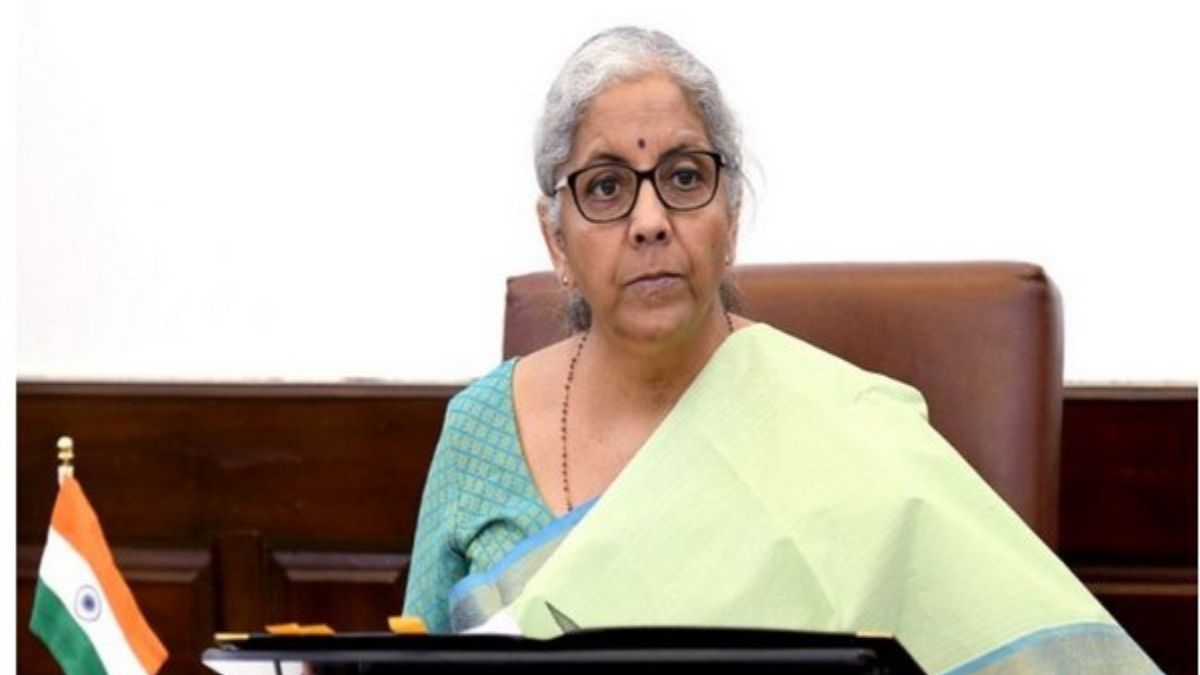
 OpinionExpress.In
OpinionExpress.In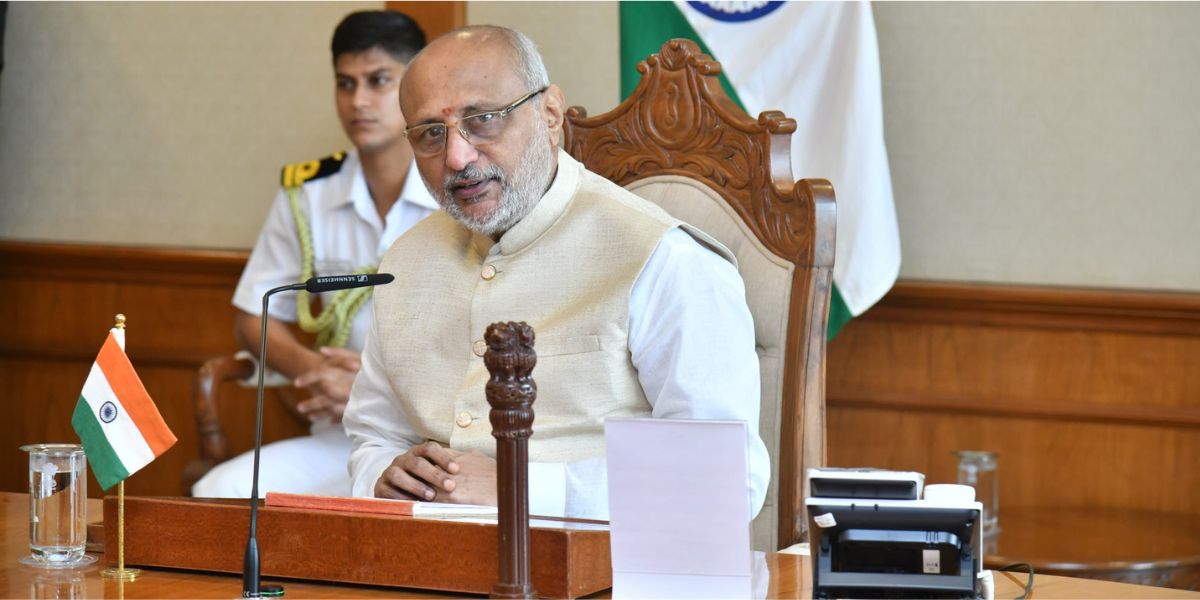
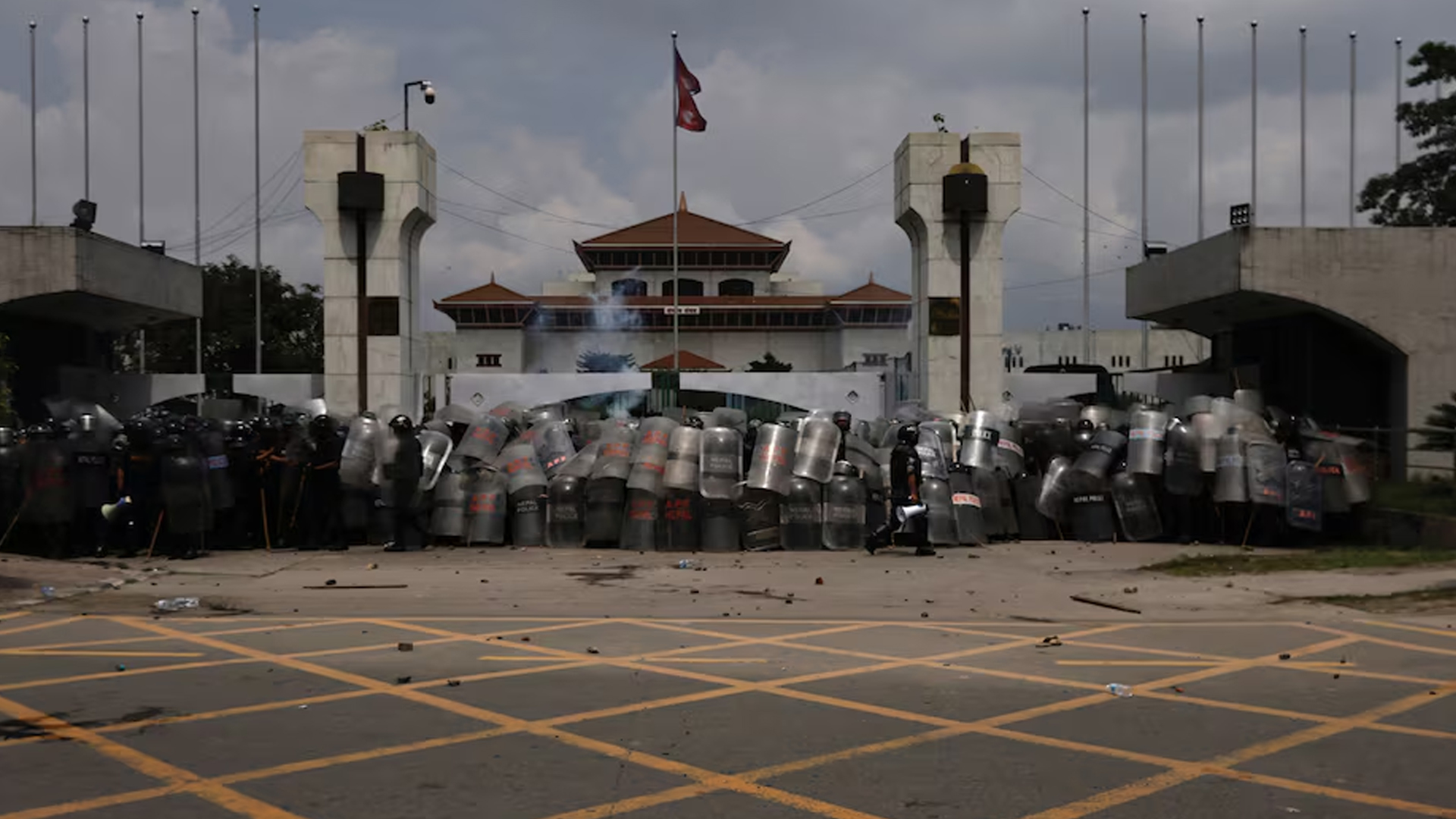
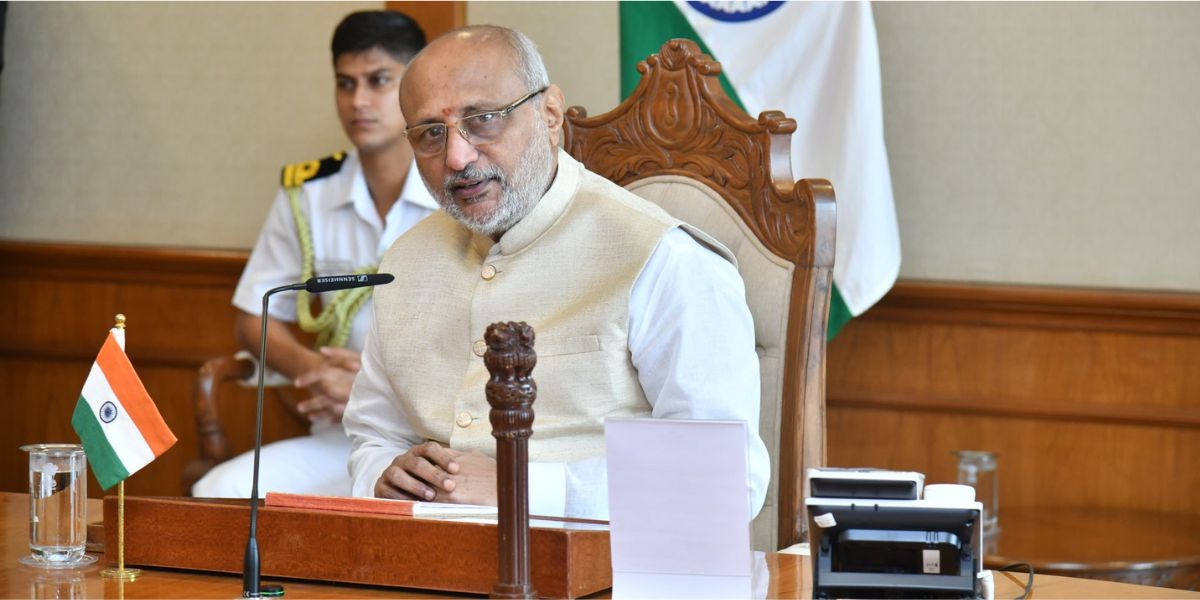
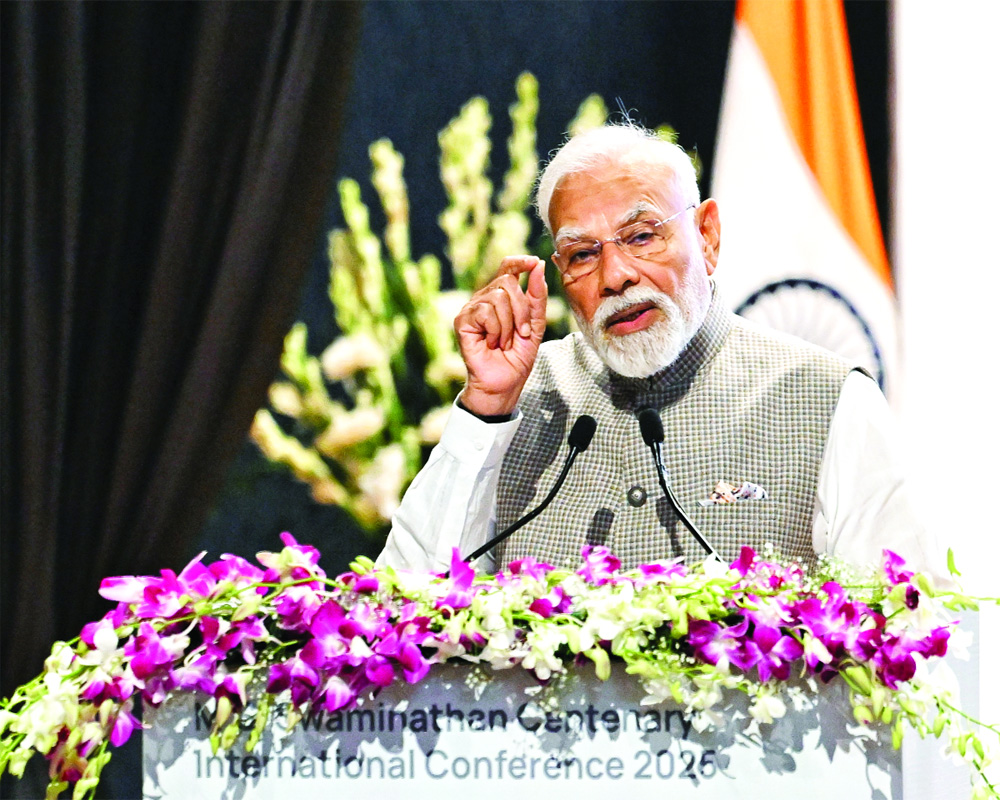

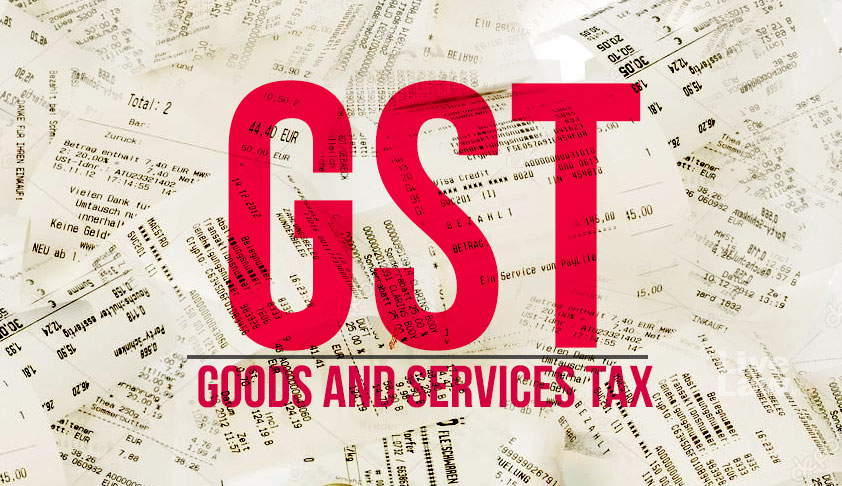
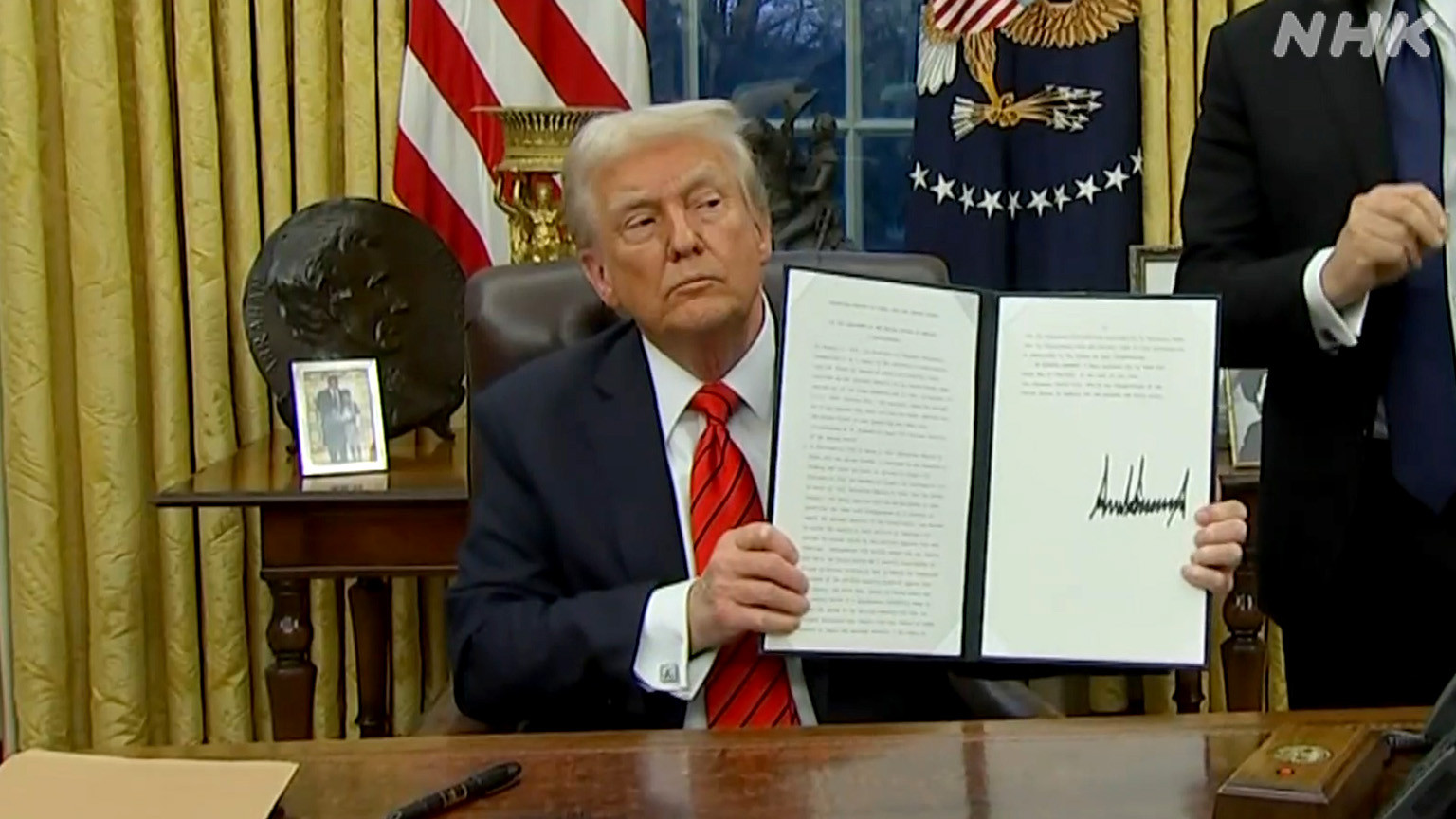

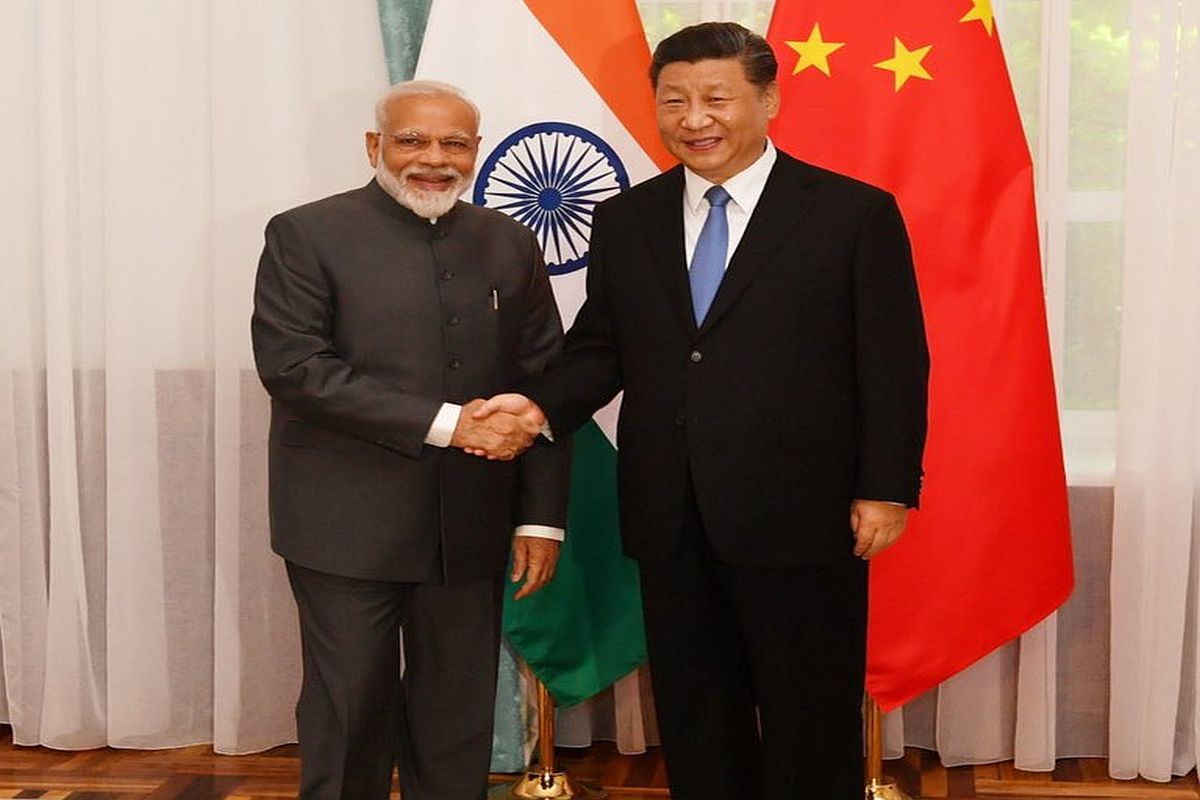
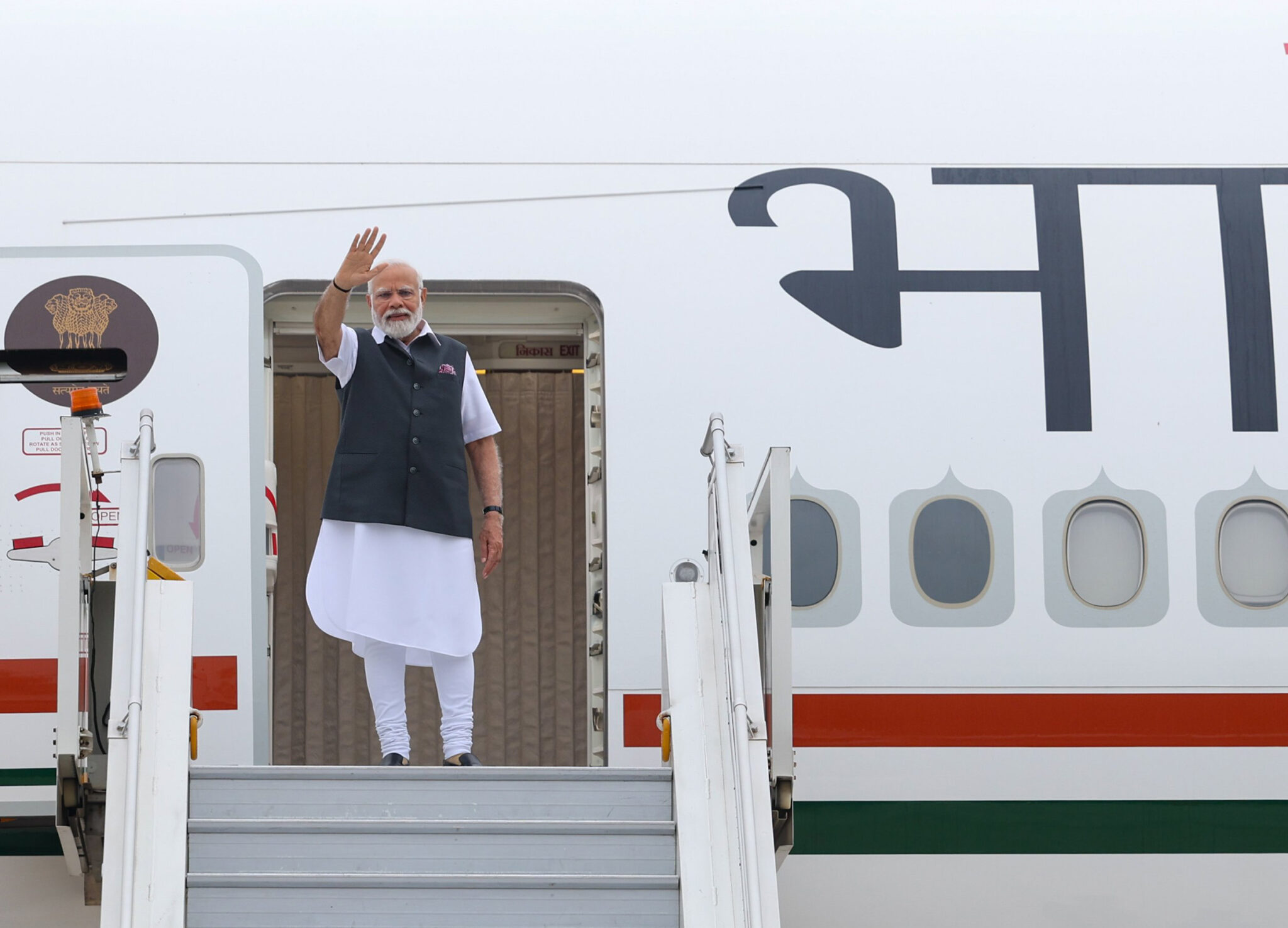






Comments (0)